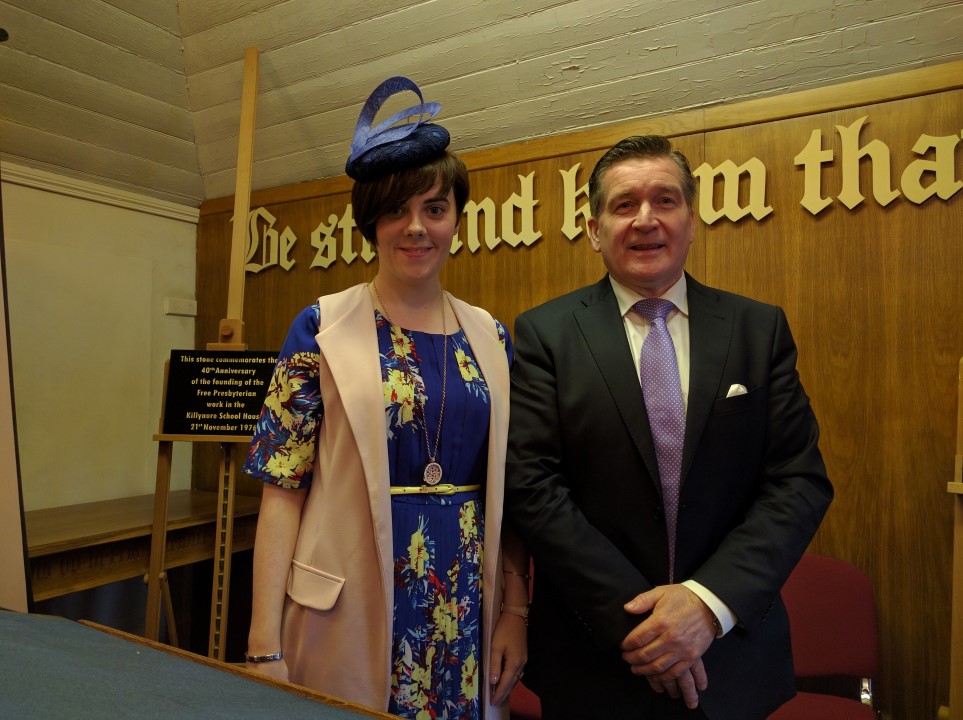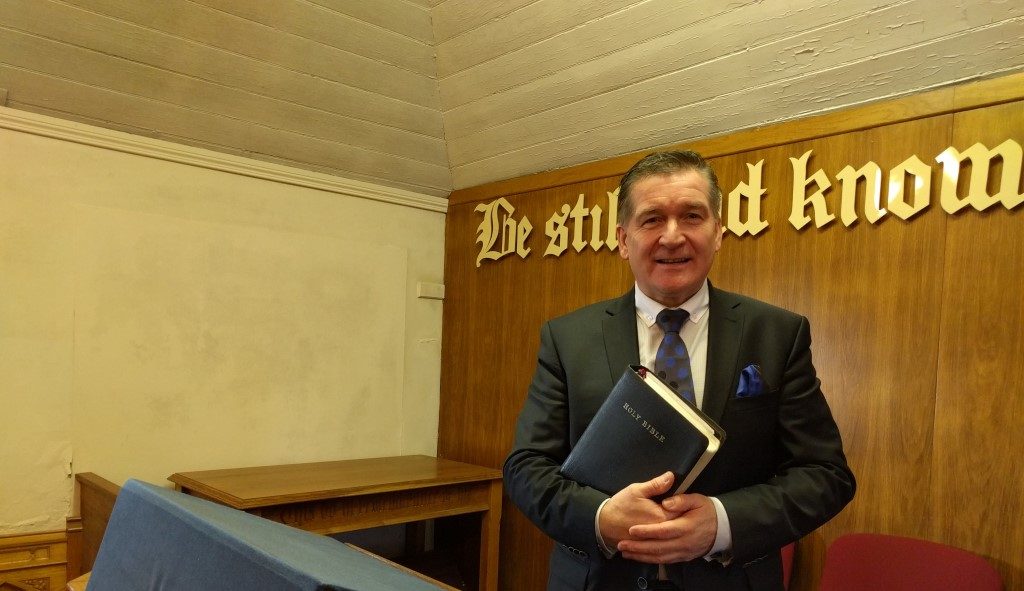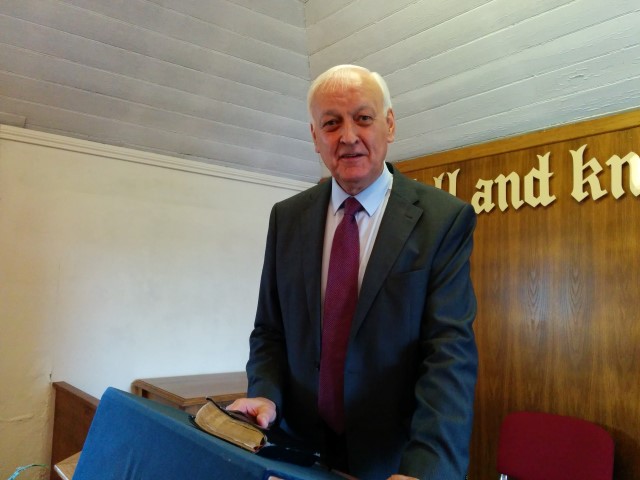Date: SUN 11:30am 3rd August 2025
Preacher: Rodney Mitchell
Bible Reference: Romans 8:35
Who shall separate us from the love of Christ? shall tribulation, or distress, or persecution, or famine, or nakedness, or peril, or sword?
Sermon Summary: Romans 8:31-39 – “Who Shall Separate Us from the Love of Christ?”
The sermon, delivered with a focus on Romans 8:31-39, centres on the unshakeable love of Christ and the security it provides for believers. The preacher begins by reading Psalm 107:1-9, which praises God’s goodness and mercy in redeeming and guiding His people through distress. This sets the tone for the main text in Romans, where the central question, “Who shall separate us from the love of Christ?” (Romans 8:35), is explored with depth and conviction.
Key Themes and Structure
The sermon is structured around three main points concerning the love of Christ: (1) We need not doubt its confirmation, (2) We need not deliberate its limitations, and (3) We need not despair of its separation. Each point is grounded in the text of Romans 8 and supported by scriptural references, illustrations, and pastoral encouragement.
1. We Need Not Doubt the Confirmation of God’s Love
The preacher asserts that God’s love is undeniably confirmed through the cross of Christ. Romans 8:32 is highlighted: “He that spared not his own Son, but delivered him up for us all, how shall he not with him also freely give us all things?” The cross is presented as the ultimate demonstration of God’s love, surpassing any worldly measure such as wealth, health, or material prosperity. The sermon challenges the flawed tendency to gauge God’s love by temporal circumstances, such as poverty or sickness. Instead, the cross—where Christ bore the full weight of sin’s punishment without leniency—stands as the true standard of God’s boundless love. The preacher vividly describes the cross as revealing the “height, depth, length, and breadth” of God’s love, urging believers to look to Calvary for assurance rather than earthly conditions.
2. We Need Not Deliberate the Limitations of God’s Love
The sermon emphasises that God’s love has no boundaries, addressing those who might feel unworthy due to their past sins or current circumstances. The repeated use of the word “us” in Romans 8:31-39 underscores that God’s love encompasses all people—regardless of class, race, or moral condition. The preacher illustrates this with examples like Peter, a coarse fisherman, and Paul, a former persecutor, showing that God’s love reaches even the most unlikely. Furthermore, Romans 8:33 (“It is God that justifieth”) highlights the transformative power of God’s love through justification, where sinners are declared righteous through faith in Christ. This act of divine grace demonstrates that there are no limits to whom God loves or how He can redeem.
3. We Need Not Despair of Separation from God’s Love
Focusing on Romans 8:35-39, the preacher addresses the question, “Who shall separate us from the love of Christ?” Paul lists potential threats—tribulation, distress, persecution, famine, nakedness, peril, sword, death, life, angels, principalities, powers, things present, things to come, height, depth, or any other creature—and declares that none can sever the believer from Christ’s love. Using a vivid metaphor, the preacher imagines Paul as a scientist in a laboratory, examining each adversity under a microscope and finding that none can alter or diminish Christ’s love. The sermon poignantly notes that even death, while bringing sorrow, ushers believers into Christ’s presence, reinforcing the unbreakable nature of His love. An anecdote about an elderly man affirming, “Jesus loves me,” encapsulates this assurance.
Pastoral Application and Encouragement
The sermon is both doctrinal and pastoral, offering encouragement to believers and a call to the unsaved. For Christians, the message is to take courage in the certainty of God’s love, regardless of life’s trials, and to leave the service with renewed joy and confidence. For those who do not yet know Christ, the preacher extends an invitation to repent and believe, emphasising that God’s love is available to all who turn to Him. The sermon closes with a prayer that God’s Word would be written on the hearts of the congregation, strengthening their faith and encouraging their souls.
Tone and Style
Delivered in a warm, earnest tone, the sermon blends scriptural exposition with vivid imagery (e.g., the laboratory metaphor, the cross’s dimensions) and relatable anecdotes (e.g., Spurgeon’s weather vane story). The preacher’s use of rhetorical questions and repetition mirrors Paul’s style in Romans 8, reinforcing the sermon’s central message. The language is accessible yet rich with theological depth, making it relevant to both seasoned believers and newcomers.
Conclusion
The sermon powerfully affirms the security of the believer in Christ’s love, rooted in the cross, unlimited in scope, and unassailable by any force. It calls the congregation to trust in this love, reject doubts or despair, and respond with faith and gratitude, whether through renewed commitment or first-time repentance.
Subscribe to the podcast here:
Spotify Podcasts | Apple Podcasts | Pocket Casts
Email | RSS | more information here








